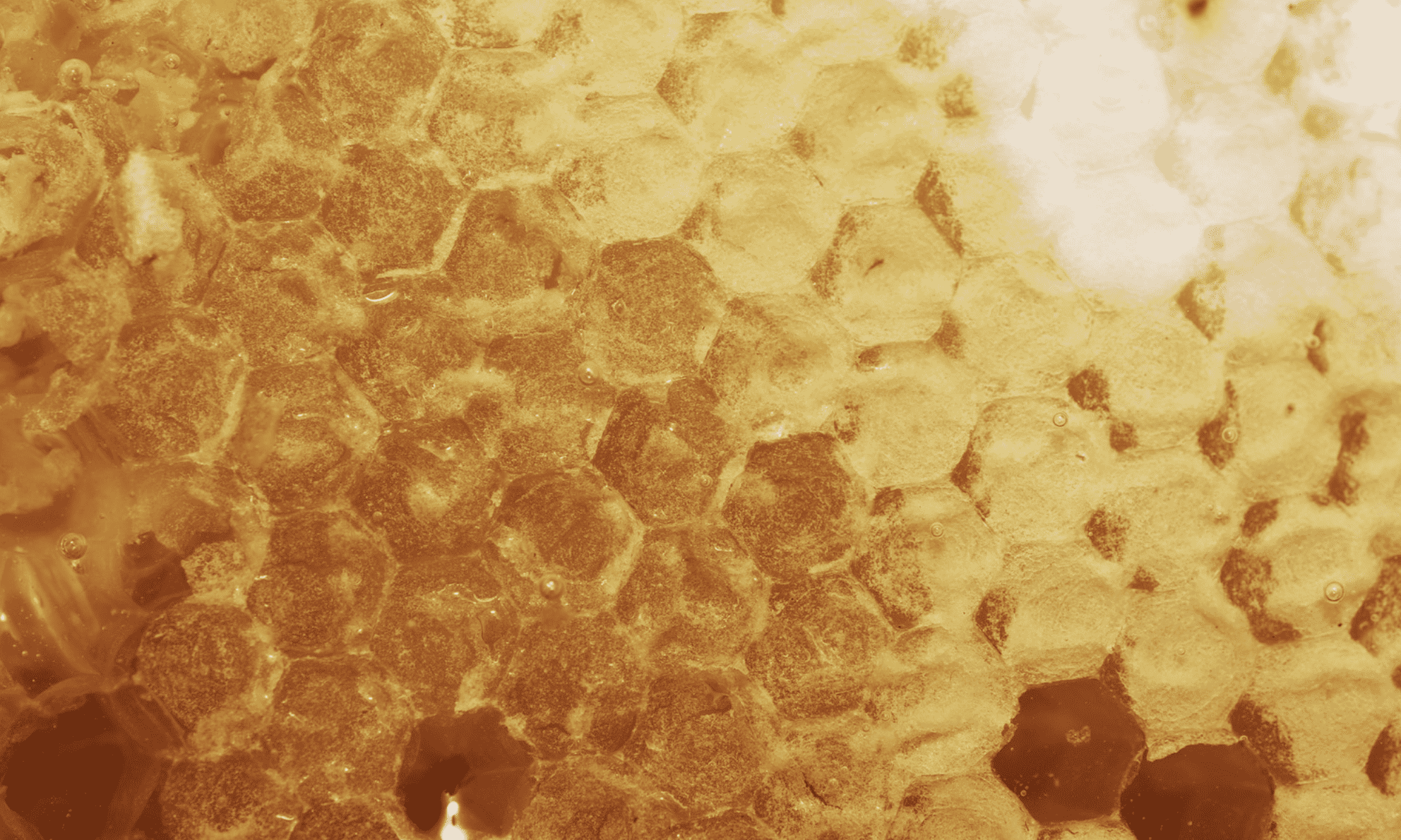Manuka honey, a special type of honey that is native to New Zealand, has been long known for its therapeutic properties. Over the past few years, it has gained global recognition as a powerful natural healing agent. One of the lesser-known benefits of this wonderful honey is its prowess in treating lip problems. In this article, we’ll take a closer look at the science behind Manuka honey’s healing power, its unique properties, and how you can use it to maintain healthy and luscious lips.
What is Manuka Honey?
Manuka honey is a type of honey produced from the nectar of the Manuka tree, which grows wildly in New Zealand. It has a thick, syrupy consistency and a rich, earthy flavor. Manuka honey is different from regular honey due to its unique chemical composition, which is known to have potent antibacterial, anti-inflammatory, and antioxidant properties.
Manuka honey has been used for centuries by the indigenous Maori people of New Zealand for its medicinal properties. It was traditionally used to treat wounds, sore throats, and digestive issues. The Maori people also used Manuka honey as a natural sweetener and as a preservative for their food.
The Origins of Manuka Honey
The Manuka tree, also known as Leptospermum scoparium, is native to New Zealand and southeastern Australia. It is a small evergreen tree or shrub that grows up to 10 meters tall. The tree blooms in the summer months, producing small white or pink flowers that are rich in nectar.
The Maori people believed that the Manuka tree had spiritual and healing properties. They used the bark, leaves, and oil of the tree in traditional medicine to treat a variety of ailments.
It wasn’t until the 1980s that the therapeutic value of Manuka honey was scientifically proven. Researchers discovered that Manuka honey had potent antibacterial activity against a range of bacteria, including antibiotic-resistant strains.

How Manuka Honey is Produced
The production of Manuka honey is a complex process that involves bees collecting nectar from the Manuka tree’s flowers. The nectar is then mixed with enzymes that break down the sugar content, resulting in hydrogen peroxide. This reaction produces methylglyoxal (MGO), a powerful compound that gives Manuka honey its potent antibacterial activity.
The level of MGO in Manuka honey is used to determine its potency. The higher the MGO level, the more potent the honey is. Manuka honey with an MGO level of 400 or higher is considered to have therapeutic value.
Unique Properties of Manuka Honey
In addition to MGO, Manuka honey also contains other bioactive compounds such as flavonoids and phenols, which contribute to its potent antioxidant and anti-inflammatory properties. These unique properties make Manuka honey an excellent natural remedy for a range of ailments, including skin irritations and infections.
Manuka honey is commonly used in wound care to promote healing and prevent infection. It is also used in skin care products to soothe and hydrate the skin. Additionally, Manuka honey is used in dental hygiene products to promote oral health.
Overall, Manuka honey is a versatile and natural remedy that has been used for centuries for its medicinal properties. Its unique chemical composition and potent antibacterial, anti-inflammatory, and antioxidant properties make it a valuable addition to any health and wellness routine.
The Science Behind Manuka Honey’s Healing Power
Manuka honey has been used for centuries as a natural remedy for a variety of ailments. However, it is only in recent years that scientists have begun to uncover the science behind its healing power. In this article, we will explore the antibacterial, anti-inflammatory, and antioxidant properties of Manuka honey.
Antibacterial Properties
One of the most well-known properties of Manuka honey is its antibacterial activity. This is due to the presence of a compound called methylglyoxal (MGO), which is found in high concentrations in Manuka honey. MGO is a potent antibacterial agent that has been shown to be effective against a range of harmful bacteria, including MRSA and Staphylococcus aureus.
In addition to MGO, Manuka honey also contains hydrogen peroxide, which is another antibacterial agent. However, unlike MGO, hydrogen peroxide is easily destroyed by heat and light, which means that it is not as effective as MGO in fighting bacteria.
When Manuka honey is applied to a wound or infection, it creates a barrier that prevents bacteria from entering the wound and causing further damage. This allows the body to focus on healing the wound without having to fight off harmful bacteria.
Anti-inflammatory Effects
In addition to its antibacterial properties, Manuka honey also has potent anti-inflammatory effects. This is due to the presence of compounds called flavonoids and phenolic acids, which are powerful antioxidants that help to reduce inflammation and swelling.
These anti-inflammatory compounds make Manuka honey an effective treatment for a range of inflammatory conditions, including acne, rosacea, and eczema. When applied to the skin, Manuka honey can help to reduce redness, swelling, and irritation, allowing the skin to heal more quickly.
Antioxidant Benefits
Manuka honey is also rich in antioxidants, which protect the skin from oxidative damage caused by free radicals. Free radicals are unstable molecules that can damage skin cells and lead to premature aging.
By neutralizing these harmful molecules, Manuka honey helps to keep the skin healthy and youthful. In addition, the antioxidants in Manuka honey may also help to boost the immune system, protecting the body from a range of diseases and illnesses.
In conclusion, Manuka honey is a powerful natural remedy that has been shown to have antibacterial, anti-inflammatory, and antioxidant properties. Whether applied topically or consumed orally, Manuka honey can help to promote healing and protect the body from a range of harmful bacteria and free radicals.
Manuka Honey for Lip Care
When it comes to taking care of your lips, natural remedies are often the best option. One such remedy is Manuka honey, a type of honey that is native to New Zealand and is known for its many health benefits.
Treating Chapped Lips
Chapped lips are a common problem, especially during the cold winter months. The dry, cold air can cause the skin on your lips to become dry and cracked, which can be painful and unsightly. Fortunately, Manuka honey is an excellent natural remedy for chapped lips due to its moisturizing and antibacterial properties.
When you apply Manuka honey to your lips, it helps to lock in moisture and prevent further dryness. The antibacterial properties of the honey also help to keep your lips clean and free from harmful bacteria that can cause infection.
To use Manuka honey for chapped lips, simply apply a small amount to your lips. Doing this a few times a week can help to keep your lips soft, smooth, and healthy.
Soothing Cold Sores
Cold sores are painful blisters that can appear on the lips and around the mouth. They are caused by the herpes simplex virus and can be quite uncomfortable. While there is no cure for cold sores, there are ways to manage the symptoms and speed up the healing process.
One such way is to use Manuka honey. This type of honey has been shown to have potent antiviral properties that can help to reduce the severity of cold sores and speed up the healing process.
To use Manuka honey on cold sores, simply apply a small amount directly to the affected area. Doing this regularly can help to soothe the discomfort associated with cold sores.
Reducing Inflammation and Redness
Lips can become inflamed and red due to a range of factors, including harsh weather conditions, allergies, and certain skin conditions. This can be uncomfortable and unsightly and can make it difficult to apply makeup or other lip products.
Fortunately, Manuka honey can help to reduce inflammation and redness, thanks to its potent anti-inflammatory and antioxidant properties. When you apply Manuka honey to your lips, it helps to soothe the skin and reduce any inflammation or redness that may be present.
To use Manuka honey for reducing inflammation and redness, simply apply a small amount to your lips and leave it on for a few minutes before rinsing it off with warm water. Doing this regularly can help to keep your lips looking healthy, plump, and supple.
Overall, Manuka honey is an excellent natural remedy for taking care of your lips. Whether you are dealing with chapped lips, cold sores, or inflammation and redness, this type of honey can help to soothe and heal your lips, leaving them soft, smooth, and healthy.
How to Choose the Right Manuka Honey for Lip Care
Manuka honey has been used for centuries as a natural remedy for various ailments, including skin care. Its antibacterial and anti-inflammatory properties make it an excellent choice for treating dry, chapped, or cracked lips. However, not all Manuka honey is created equal, and choosing the right one for your lip care needs can be overwhelming. Here are some tips to help you make an informed decision.
Understanding UMF Ratings
UMF is a measure of the honey’s antibacterial potency and stands for Unique Manuka Factor. It is a rating system developed in New Zealand to identify the presence of unique compounds found only in Manuka honey. The higher the UMF rating, the more potent the honey’s therapeutic properties.
When choosing Manuka honey for lip care, look for a UMF rating of 10+ or higher. This will ensure that the honey is effective in treating and preventing bacterial infections that can cause lip irritation and inflammation.
Certified Manuka Honey Brands
With the rising popularity of Manuka honey, many brands have started selling it, making it challenging to know which one to choose. To ensure that you are getting genuine and high-quality Manuka honey, look for brands that have been certified by independent bodies such as the Unique Manuka Factor Honey Association (UMFHA).
This certification guarantees that the honey has been tested for purity and contains the promised levels of MGO (methylglyoxal) and other beneficial compounds. It also ensures that the honey has been sourced ethically and sustainably, without harming the bees or the environment.
Organic and Non-GMO Options
If you are concerned about the environmental impact and potential health risks associated with conventional farming, choose Manuka honey which is certified organic and non-GMO. These options are grown without synthetic pesticides, fertilizers, or genetically modified organisms, ensuring that you get a pure and natural product.
Organic and non-GMO Manuka honey is also free from harmful chemicals that can irritate your lips or cause allergic reactions. It is a safer and healthier option for those with sensitive skin or compromised immune systems.
In conclusion, choosing the right Manuka honey for your lip care needs requires some research and careful consideration. Look for a UMF rating of 10+ or higher, certified brands, and organic and non-GMO options to ensure that you get the best quality honey for your lips.
Conclusion
Manuka honey is a powerful natural remedy that offers a range of benefits for lip care. Its potent antibacterial, anti-inflammatory, and antioxidant properties make it an effective treatment for chapped lips, cold sores, and other lip problems. When choosing Manuka honey for lip care, look for brands that have a high UMF rating and are certified by reputable organizations. By incorporating Manuka honey into your lip care routine, you can enjoy healthy, luscious lips all year round.

